In a landmark 2014 study, political scientists Martin Gilens (Princeton) and Benjamin Page (Northwestern) challenged one of American democracy’s most fundamental assumptions: that the average citizen drives public policy. Their research, Testing Theories of American Politics, reveals that this is largely a myth.
After analyzing 1,779 policy decisions between 1981 and 2002, they found a sobering truth: when the views of economic elites and organized interest groups are accounted for, the average American’s preferences have virtually no impact on policy outcomes. In statistical terms, the average citizen’s influence is “near-zero.”
This finding deals a direct blow to theories like Majoritarian Electoral Democracy—which claim policy reflects the will of the majority, particularly the so-called “median voter.” Instead, the data aligns far more closely with theories of Economic Elite Domination and Biased Pluralism, in which wealthy individuals and powerful interest groups wield disproportionate sway.
Key Findings:
- Economic elites exert a large and statistically significant impact on public policy.
- Mass-based interest groups (e.g., labor unions) show little to no influence.
- Average citizens, when analyzed independently, appear powerless in shaping national policy.
Real-World Indicators:
- Millionaires make up just 3% of Americans—but account for nearly half of major campaign donors.
- The top 0.01% of donors contribute around 40% of all campaign funds.
- Even policies supported by over 90% of Americans pass only about 30% of the time.
Implications:
These findings raise serious concerns about the democratic legitimacy of U.S. institutions. If policy outcomes reflect elite preferences rather than majority will, the political system operates more like an oligarchy than a representative democracy.
Critics and Clarifications:
Some critics note the data is from 1981–2002. However, follow-up studies show the pattern persists today. Others argue elections still matter—but mostly for determining which elites get to influence policy, not whether citizens have equal voice.
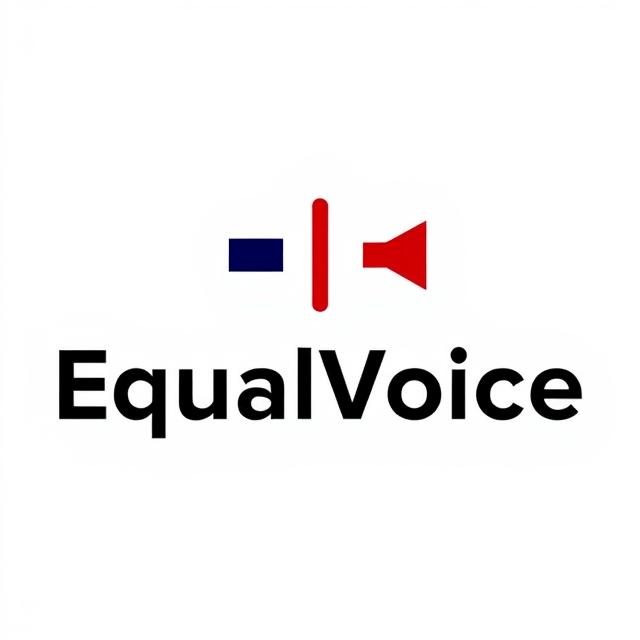
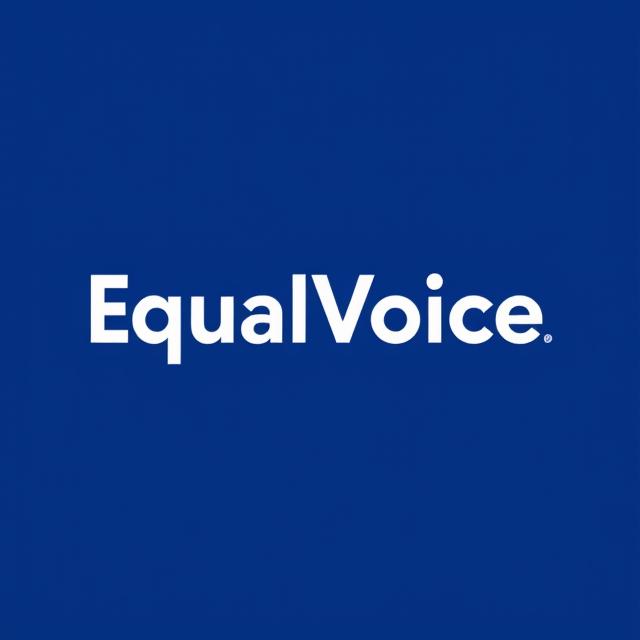
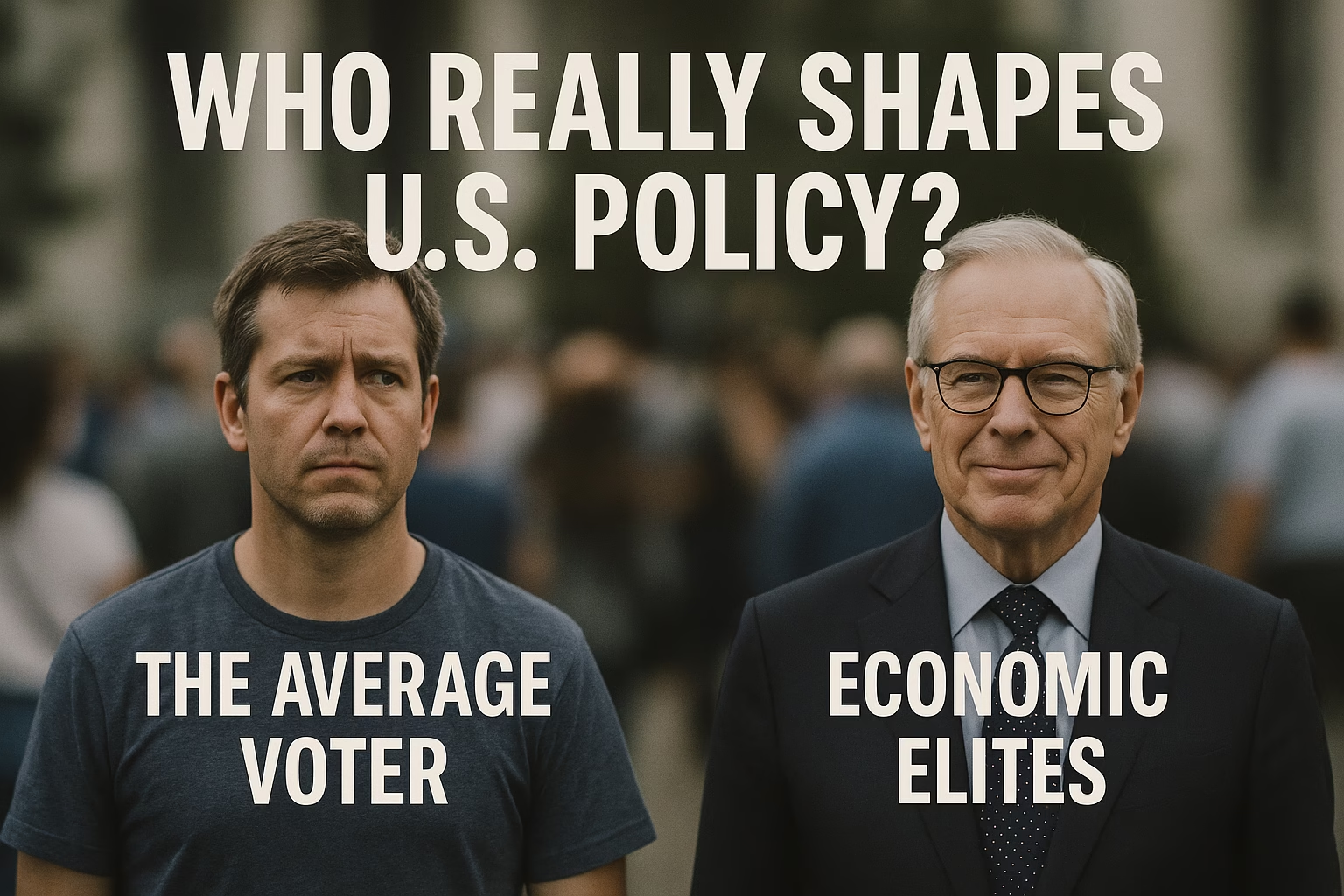
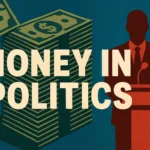

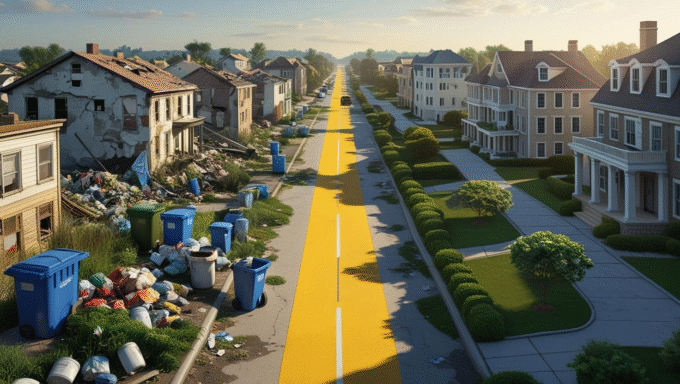

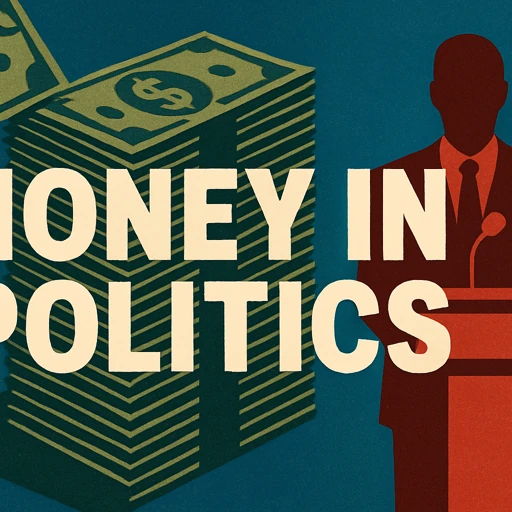
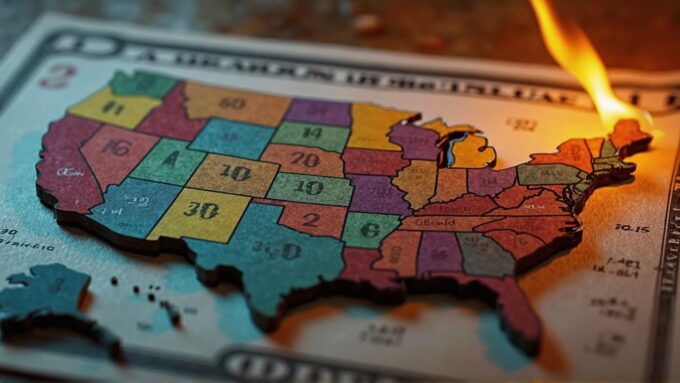

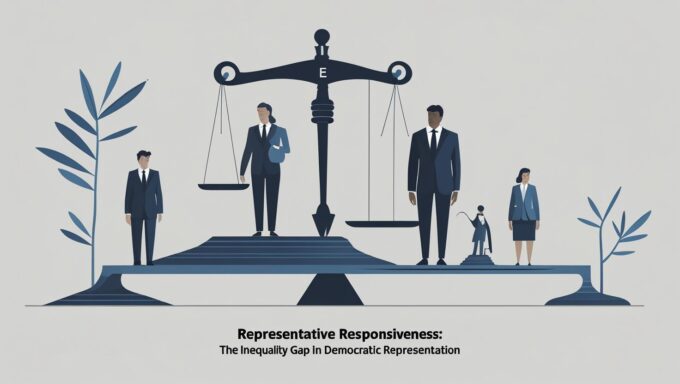
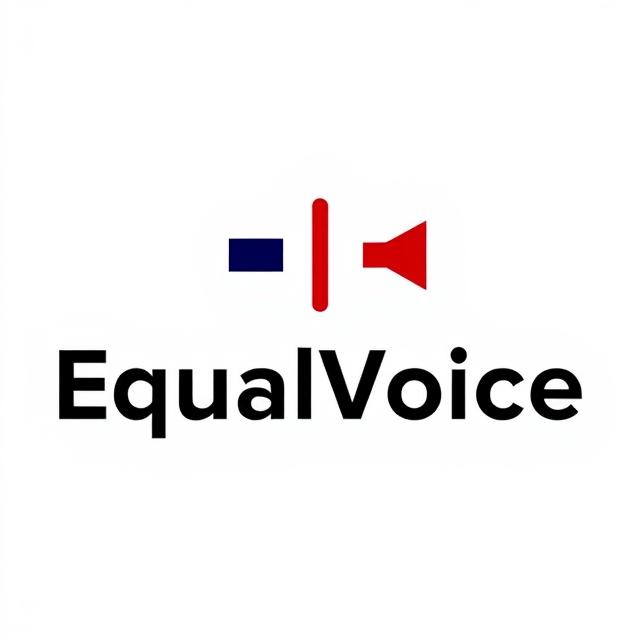
Leave a comment